The U.S. Department of Transportation’s proposed budget contains no funding for the construction of a new tunnel, which would allow the aging and hurricane-damaged older tubes to be repaired without disrupting train service. A forced closure of just one of the 111-year old tunnels that carry 2,000 commuter and Amtrak trains a day under the Hudson River would create economic and travel disruptions reverberating throughout the New York region for years, according to a recent report from the New York City-based Regional Plan Association.
The Federal Transit Administration’s funding recommendations give “medium-low” ratings to grant requests for building the new tunnel and replacing the obsolete Portal North Bridge in New Jersey, both part of the Gateway Program.
In a testy exchange at the hearing, U.S. Rep. Bonnie Watson Coleman, D-N.J., pressed Chao on why the Portal Bridge project was downrated on the basis of inadequate local funding, even after New Jersey last year agreed to provide $600 million. The Secretary insisted that “the $600 million by the New Jersey governor is not yet committed.”
However, Steve Sigmund, spokesman for the Gateway Development Corporation, tells Trains News Wire, “On the Portal Bridge we have all of the local share in hand with the $600 million bonding commitment from NJTransit.”
The transit agency is on record as announcing in the spring of 2018 that it approved a financing commitment for construction of a new Portal Bridge.
The tunnel project also awaits a record of decision on the environmental impact statement submitted 14 months ago to the transportation department.
“The administration has essentially shelved it since then,” Sigmund says.
U.S. Rep. Tom Malinowski, D-N.J., and more than 20 bipartisan members of Congress signed an April 1 letter to Chao asking the department to complete and publish the environmental statement. Asked at the hearing by Watson Coleman why the statement has not been approved, Chao replied, “This impact statement is not ready, but even if it were this project is not ready.”
There has been no shortage of political weight thrown against an apparently unyielding administration, and it has come from both sides of the aisle.
Reps. Peter King, R-N.Y., and Josh Gottheimer, D-N.J., introduced what they call a “doomsday bill” to force the Trump administration to reveal how it would handle a tunnel shutdown.
“Either they put up or shut up,” King said in a statement. “Either they come up with a plan to show how they’re going to work around this or they get started with this project, release the money and stop slow-walking it.”
U.S. Sen. Charles Schumer, D-N.Y., has proposed legislation that would allow New York and New Jersey to front the money needed for “shovel-ready” parts of the Gateway project, with a guarantee they will be reimbursed once federal funding is approved.
Yet, despite hearings, meetings, letters, statements, and legislative proposals, prospects for breaking the federal logjam are dimming.
“I’m skeptical of the ability of Congress to come together to devote funding for that project,” says Yonah Freemark, a member of the Urban Mobility Lab at the Massachusetts Institute of Technology who studies transport politics.
Traffic nightmares, increased airfares, declining property values, and a $16-billion hit to the national economy over four years are projected by the Regional Plan Association if just one of the twin tunnels were forced to close.
“We have been pushing for a new tunnel across the Hudson River for decades,” says Chris Jones, chief planner and author of the association’s report.
The two tunnels currently have a peak capacity of 24 trains per hour, which would drop to six with one tunnel serving traffic in both directions. Reduced capacity and delays would force New Jersey commuters onto roads, ferries, or Port Authority Trans-Hudson trains. Amtrak service between New York and Washington would likely be cut in half, pushing time-sensitive travelers onto limited airline schedules. New York airports are at capacity, so the additional demand would translate to dramatically increased airfares. Truckers would experience delays as more drivers crowd roads in the region.
While hopes were high earlier this year for a $1 trillion bipartisan infrastructure package that could have included funding for the Gateway project, Washington insiders have become less optimistic. Speaking at a recent Politico event, U.S. Sen. Tim Scott, R-S.C., said, “The chance of us getting something done in a big way on infrastructure is very small.”
His comment was echoed by other legislators including Del. Eleanor Holmes Norton, D-D.C., and U.S. Rep. Rodney Davis, R-Ill.
What little hope there is rests on changing minds in the White House or getting Senate Majority Leader Mitch McConnell to include Gateway funding in must-pass legislation that the president would sign. Observers don’t think either are likely.
Asked if there is much more that can be done at this point, Sigmund says, “No. We need the federal government and the administration in particular to issue a record of decision on the Hudson Tunnel in order to continue to move forward on the work.”
They also need the money.





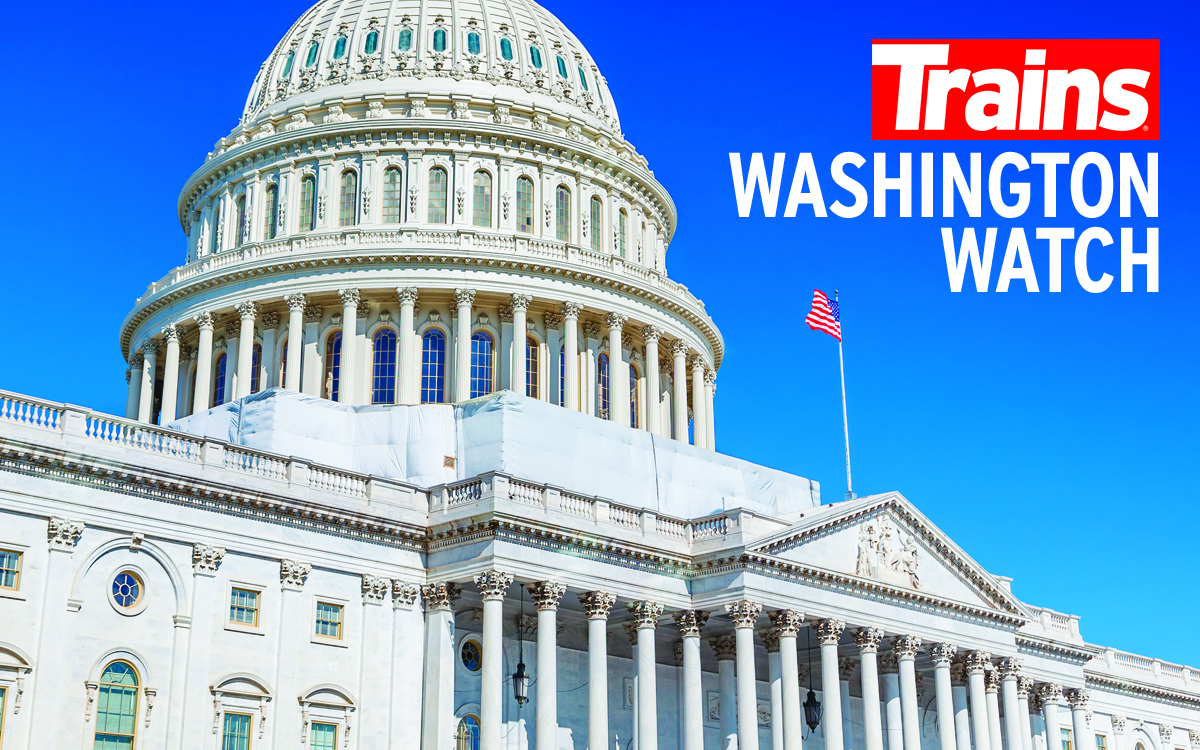

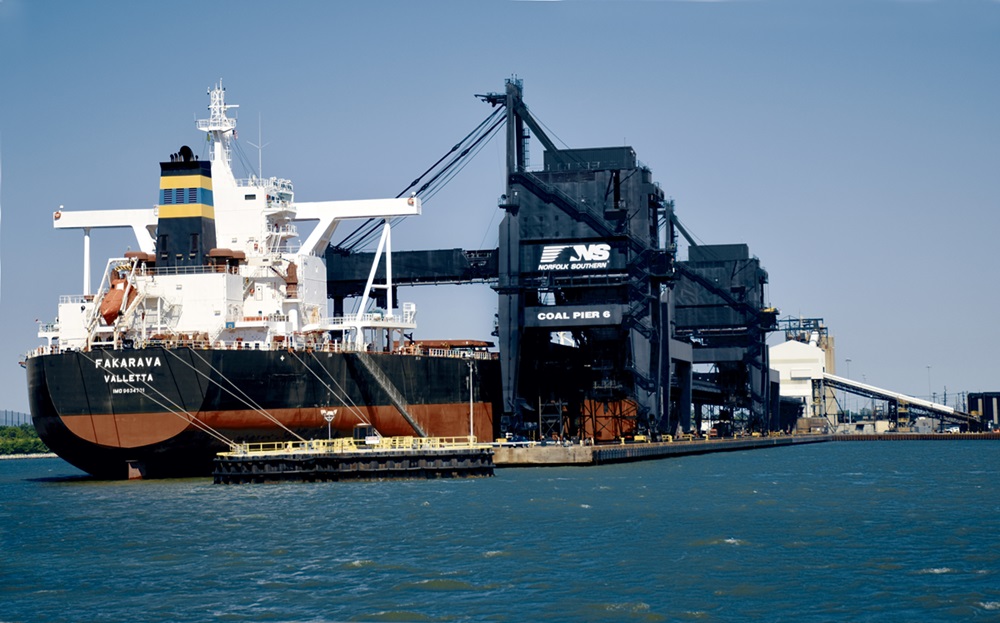
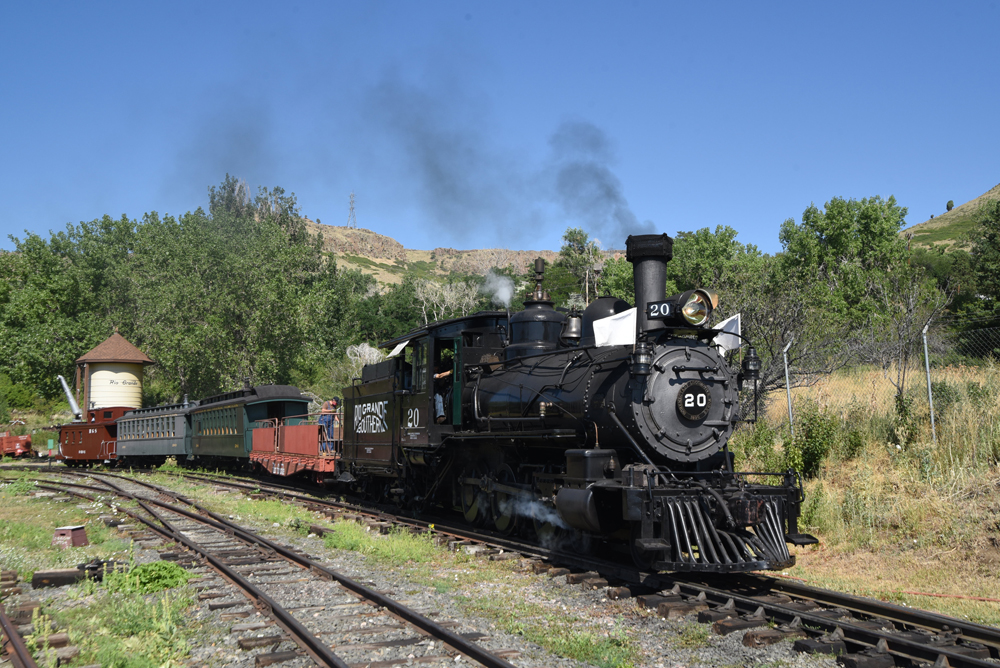
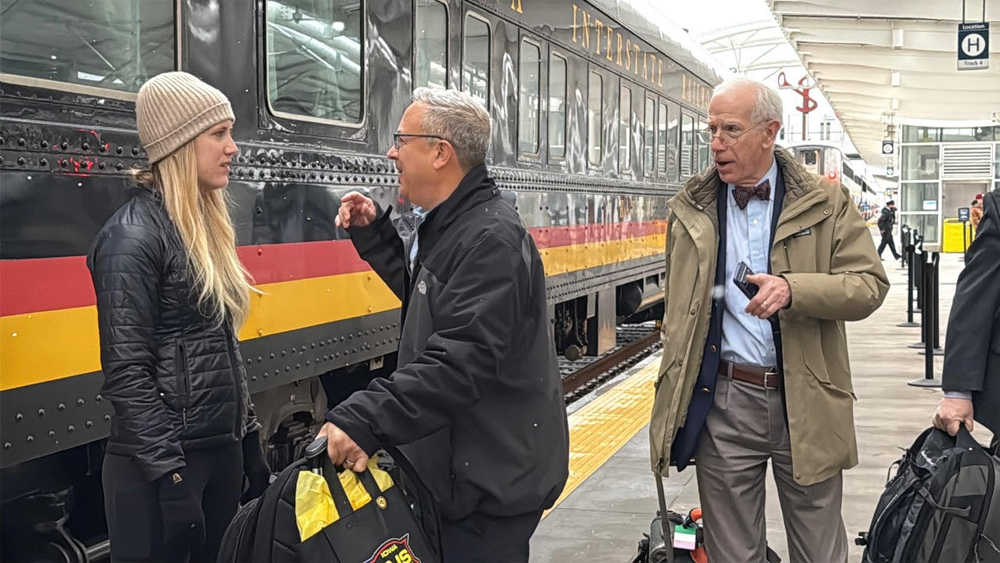
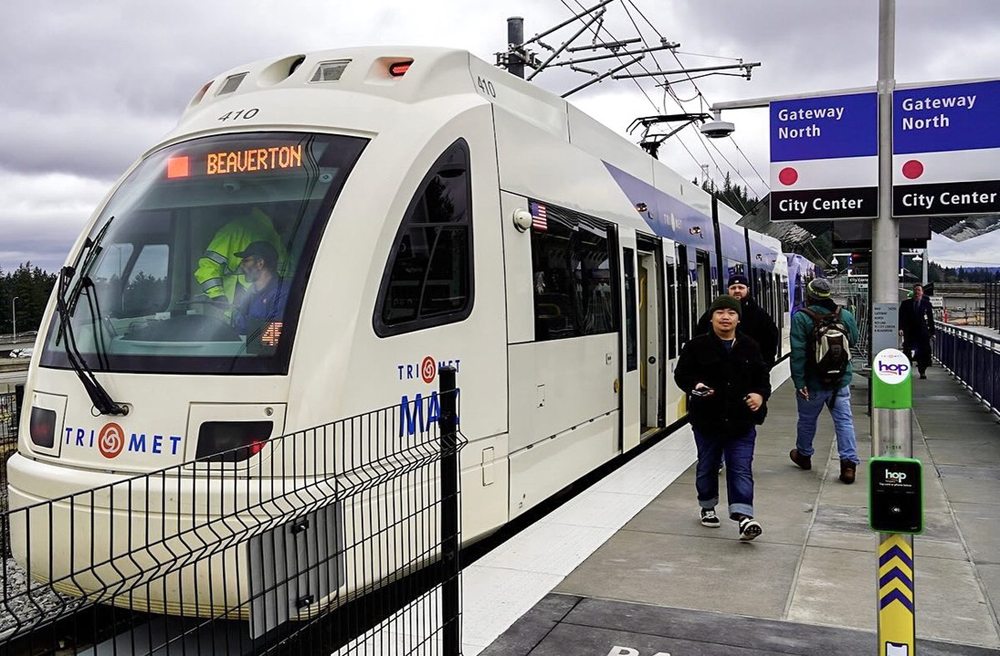




Ted Kulinna — your comments are so true! Unfortunately, politicians (and some of the public) all too often don’t do anything until there’s an emergency, which drives up the costs as well as the inconvenience.
Speaking of costs: someone on this forum posted, some time ago, some outrageous hourly wages to be paid to Gateway project workers. He attributed this to political influence of the unions on the decision-makers. Can anyone verify this? (I can’t remember what the hourly figures were.) I am tempted to believe reports like this when I read recently (in the Denver Post, should be reliable?) that the Flagmen temporarily employed on the street crossings on the “A” commuter line to the Denver airport were being paid over $50 per hour!
If the tunnels were so urgent, why would the politico powers of New York, New Jersey, and Connecticut trip over each other to hurl incendiary insults at President Trump? How quickly they forget history, that in the era of bi-partisanship, LBJ’s civil rights program would never have passed without the support of Minority Leader Dirksen (R-IL).
It’s bad enough how Schumer is gaming the National Network by encouraging Amtrak’s Board Chair Coscia to maneuver those funds to the deficit-ridden Northeast Corridor; providing a side-benefit of facilitating development of Hudson Yards and Sunnyside Yards. But can the Dems afford to play the waiting game like Iran until 2020, or, to foolishly see who blinks first?
Instead of ‘spitting into the wind’ to go out of their way to berate Trump, when do these political “leaders” figure out what makes a quid pro quo work, as how government used to function? When the leaks and chipping concrete inside the tunnels increase, it will be too late. The reality is the tunnels serve a regional commuter zone; despite Amtrak owning the infrastructure, it only runs 4 trains per hour in both directions vs. the significant volume of NJT commuter runs.
It’s time for the Northeastern politicos to understand the federal government has no intention to foot the entire bill (as inflated as it is by Amtrak and local labor costs).
This is what you guys wanted MR MAKE AMERICA GREAT AGAIN
George – Excellent post (as always).
Gerald McFarlane – Your $16 Billion or $2 Trillion or whatever makes the same impression on me as the Amtrak LD train accounting. Just numbers showing once again that accounting and statistics are arts, not sciences. This from a guy (me) who would like to see the tunnels funded and begun tomorrow.
That $16 Billion dollar hit to the National economy over 4 years is the MINIMUM and what it should have said is $16 Billion/year. For comparison, and just to show you how low this estimate is, 9/11 has cost us $2 TRILLION dollars since in economic loss, and that was only 3 days…so really, just how much would the Hudson tunnels cost the U.S. economy…somewhere between $16 Billion and that same $2 Trillion…with it tilted more towards the $2 Trillion side.
I have said it before, Schumer had a verbal agreement with Trump to get border security funded if Trump agreed to the federal share of the tunnel.
Schumer changed his mind because he couldn’t get the House Chair to agree with it. And the house controls the spending.
So there you have it, no border security funding, no NJ/NYC tunnel funding.
Politics requires a level of compromise. No compromise, no funding.
If the tunnel does fail, Trump can declare a state of emergency and they can use pre-allocated emergency funds or vote on a funding deal to fix it.
As for the cost for the tunnel, not worried one iota. Its a microsm of the federal budget and it can be paid for over several budget cycles as it progresses.
Regardless, Its not about money, its about power. Always has been.
Well Michael Lampman, you would have had a real problem when the Interstate highway system was built. 90% paid by the federal government, regardless of whether an interchange was in New York City, or Sault Sainte Marie, MI, and regardless of how much or how little interstate commerce used any given segment.
When the tunnels become unusable, and they will, sooner than later—— then maybe the politicians find some funds.
Just another example of letting our infrastructure deteriorate . We should have plans to replace bridges and tunnels . Not wait till its to late or a natural disaster occurs . Congress is to blame for this situation .
I’ll pay for this out of my taxes (I live in Wisconsin) when New York and New Jersey politicians agree to fund border security.
I just love it when people complain that the project should not be funded by taxpayer dollars because it is not in their state, I don’t live in NJ or NY but those citizens of this country pay US taxes just like the rest of us and I have yet to hear of anybody in any state “flyover” or otherwise say that federally paid for projects in their own states should not be funded.
For some relief from this three-way waltz, I recommend “Conquering Gotham,” by Jill Jonnes. The days when the Pennsy just paid for it and did the deed, no help needed, thank you, are gone forever. Maybe I’ll live long enough to see the first baby step, the Environmental Impact Statement. Maybe not. Someone might be offended.
So if 95% of the users (just a WAG) of the tunnels are from NJ/NY, why is it a national problem? Because Amtrak owns them? I think the primary users should shoulder a larger chunk of the burden, not the taxpayers in “flyover country.”
Can anyone tell me what the estimated cost of the Portal Bridge actually is? The article mentions $600 million but without the total estimated cost of the replacement its hard to tell what percentage of the cost NJ has agreed to. Of course, the estimated cost will probably turn out to be too low but at least its a start.
The other thought that occurred to me is the NJ share is via this NJT bonding commitment with this Gateway Development Corporation. Is it possible that the Feds don’t legally consider that the same thing as the state of NJ issuing secure bonds that the state is committed to paying no matter what happens?